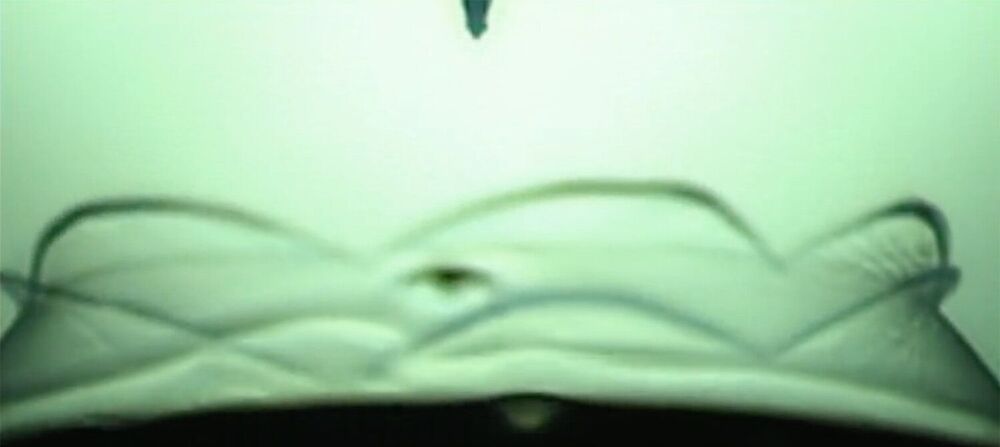The oil industry, pharmaceutical companies and bioreactor manufacturers all face one common enemy: bubbles. Bubbles can form during the manufacturing or transport of various liquids, and their formation and rupture can cause significant issues in product quality.
Inspired by these issues and the puzzling physics behind bubbles, an international scientific collaboration was born. Stanford University chemical engineer Gerald Fuller along with his Ph.D. students Aadithya Kannan and Vinny Chandran Suja, as well as visiting Ph.D. student Daniele Tammaro from the University of Naples, teamed up to study how different kinds of bubbles pop.
The researchers were particularly interested in bubbles with proteins embedded on their surfaces, which is a common occurrence in the pharmaceutical industry and in bioreactors used for cell culture. In an unanticipated result, the researchers discovered that the protein bubbles they were studying opened up like flowers when popped with a needle. Their findings are detailed in a study published in the journal of the Proceedings of the National Academy of Sciences on July 19.
